Alibaba Cloud just made a big move in the AI space. During its annual Apsara Conference, the company announced the release of over 100 new open-source AI models, collectively called Qwen 2.5. If you’re wondering what this means for businesses and developers, you’re not alone. Let’s break it down and see what makes this release so important—and how it might shake up the competition.
A Major Leap for Open-Source AI
So, what’s the big deal about the Qwen 2.5 models? For starters, they’re open-source, which is a game-changer. Open-sourcing these models means that developers, businesses, and even researchers across the world can use them to build their own AI applications without the massive costs or time-consuming training typically required. Alibaba is essentially giving everyone access to its AI tool kit, which is a bold move in a competitive market. They’ve even taken on Meta and other major players like OpenAI.
The Qwen 2.5 series comes packed with models ranging in size—from 0.5 billion to a whopping 72 billion parameters. They also support over 29 languages, making them versatile enough for just about any industry, from automotive and gaming to scientific research. Whether you’re working in the cloud or at the edge, these models promise faster, more efficient AI applications. Oh, and they’re no slouch in the math and coding departments either, with enhanced capabilities that could give developers a real edge.
Since these models launched in April 2023, they’ve already been downloaded 40 million times on platforms like Hugging Face and ModelScope. What’s even more impressive is that they’ve sparked the creation of more than 50,000 derivative models. That’s a pretty solid indicator that developers are excited about what Qwen has to offer.
New Tools for a New Era
But wait, there’s more! Alibaba didn’t just stop at releasing a bunch of models. They also gave their flagship model, Qwen-Max, a serious upgrade. While this one’s not open-source (they’re keeping it in-house), it’s still worth mentioning because it’s a beast. Qwen-Max now competes head-to-head with Meta’s Llama and OpenAI’s GPT-4 in areas like language comprehension, reasoning, and even math.
In addition to these AI upgrades, Alibaba introduced a new text-to-video tool. Think of it like a next-level content creator—you give it a prompt, and it spits out a video based on what you want. This tool is part of their larger Tongyi Wanxiang model family, and it’s capable of generating high-quality videos in styles ranging from realistic to 3D animations. Whether you’re producing content for marketing, education, or entertainment, this tool could become a game-changer.
And that’s not all. They also launched Qwen2-VL, an updated vision-language model. This one can comprehend videos longer than 20 minutes and even answer questions based on the content. Imagine being able to feed it a long documentary and getting concise, accurate answers in return—pretty cool, right?
To make things even more developer-friendly, Alibaba rolled out an AI Developer assistant. This little helper can automate tasks like requirement analysis, coding, and bug fixes, potentially saving developers tons of time and headaches. All of these tools combined are designed to make AI more accessible and practical for businesses of all sizes.
Powering It All with Next-Gen Infrastructure
Of course, none of this would be possible without some serious upgrades on the backend. Alibaba is backing up these AI advancements with a revamped full-stack infrastructure that’s designed to meet the growing demand for AI computing power.
One of the standout updates is the new CUBE DC 5.0—a next-gen data center architecture aimed at boosting both energy and operational efficiency. This isn’t just a flashy new setup; it’s designed to be greener and more cost-effective, which is crucial as AI workloads grow.
There’s also the PAI AI Scheduler, a cloud-native engine that makes managing computing resources a breeze. This proprietary tech ensures that businesses can maximize their cloud infrastructure and optimize the performance of their AI models. And for those who need to get the most out of their data, Alibaba’s Open Lake solution is here to help. It’s designed to enhance data utility for generative AI applications, ensuring that your data works harder and smarter for you.
Lastly, the introduction of the 9th Generation Enterprise Elastic Compute Service (ECS) instance promises improved performance for everything from AI models to enterprise applications. Whether you’re a small startup or a large enterprise, these infrastructure upgrades ensure that your AI deployments can scale seamlessly.
What Does This Mean for the AI Landscape?
So, what’s the takeaway here? Alibaba is pushing hard to position itself as a leader in the global AI race. They’re not just competing with other Chinese tech giants like Baidu and Huawei; they’re also aiming to go toe-to-toe with U.S. heavyweights like Microsoft, OpenAI, and Amazon.
Eddie Wu, Alibaba Cloud’s CEO, put it best: “We aim to establish an AI infrastructure of the future to serve our global customers and unlock their business potential.” This is more than just marketing speak. Alibaba is making serious moves to stay relevant and competitive in an AI-driven world.
They’re hoping that by offering open-source models, they can attract developers and businesses globally—not just in China. It’s a smart play, especially considering that their cloud division has been trailing behind Amazon and Microsoft internationally. By making AI tools more accessible, they’re hoping to grow that market share and speed up growth in the cloud division, which has been a bit sluggish in recent years.
The Bottom Line
Alibaba Cloud’s release of over 100 open-source AI models is a massive step forward in the AI arms race. With these models, businesses and developers have new, powerful tools at their fingertips to build the next generation of AI-driven applications. Coupled with its infrastructure upgrades, Alibaba is positioning itself to compete globally, not just in its home market.
As AI continues to reshape industries, Alibaba Cloud’s latest moves could make a real difference for companies looking to harness the power of artificial intelligence—whether they’re focused on cost efficiency, speed, or scalability.
— Blackout AI editors
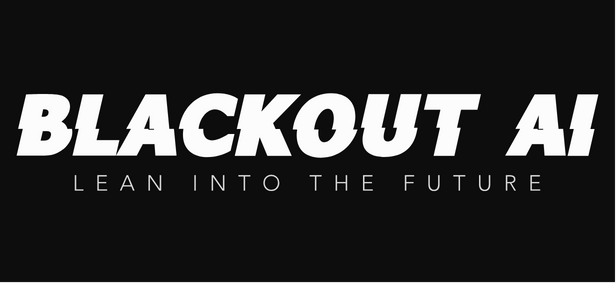
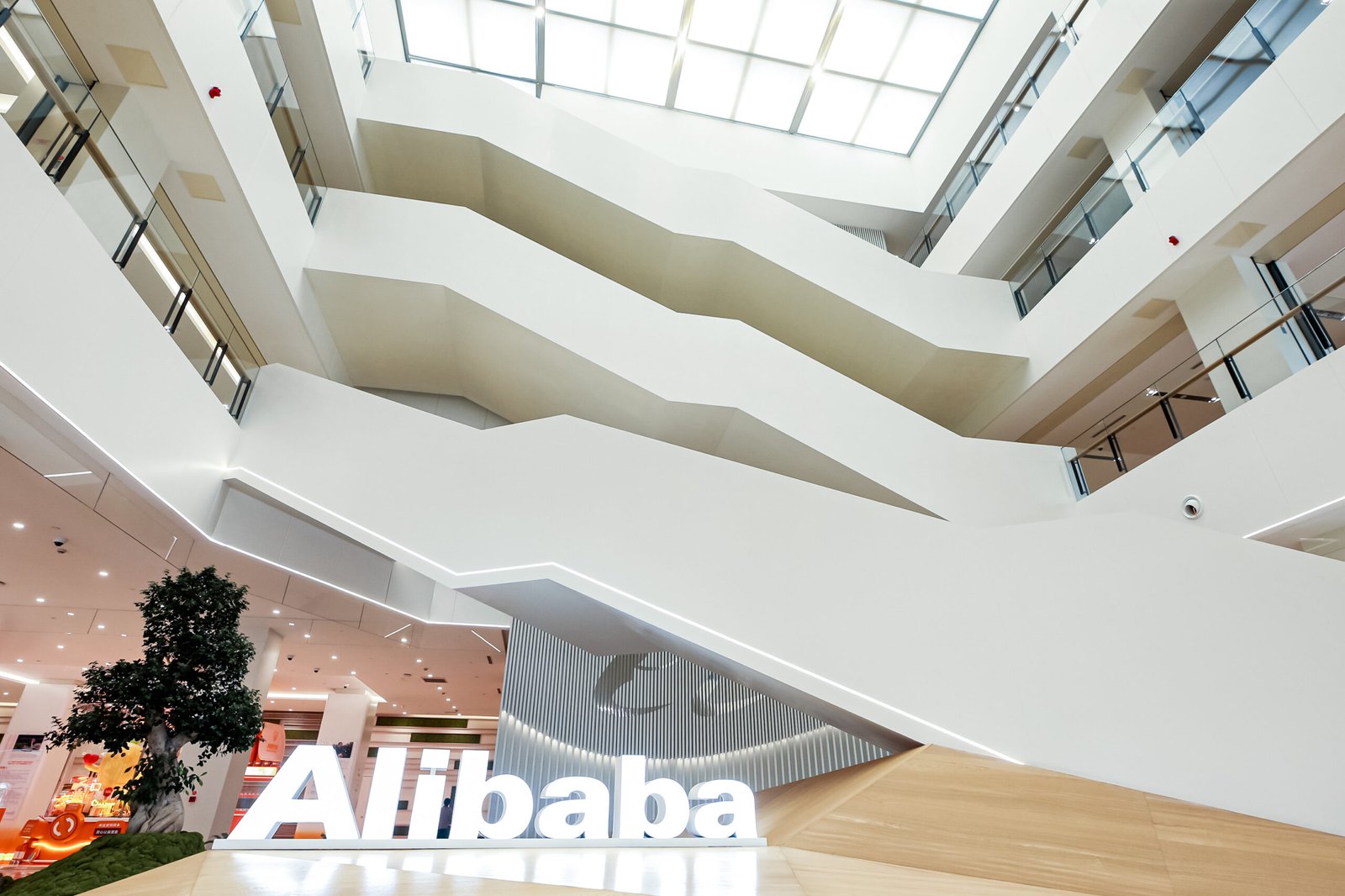
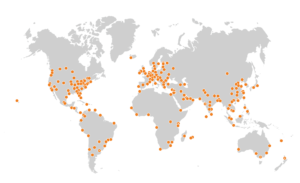


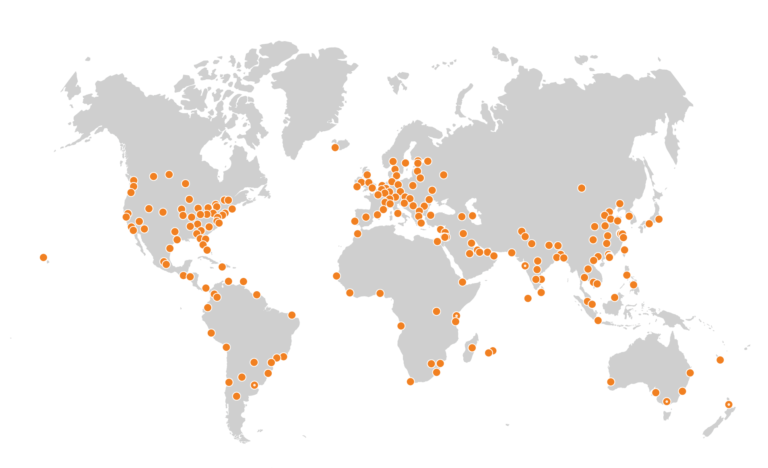

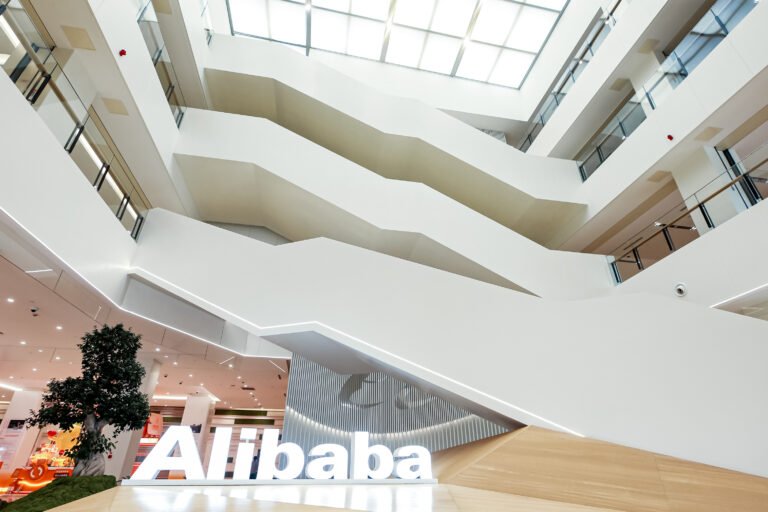


+ There are no comments
Add yours